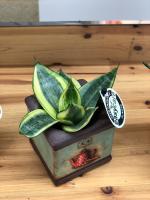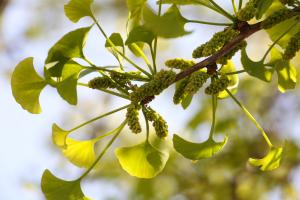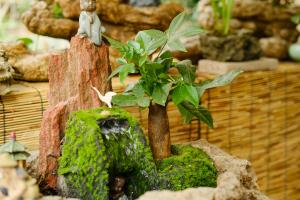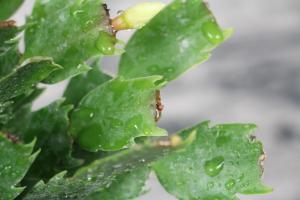Introduction
Potting soil, also known as growing media, is a specially formulated mix of materials used to grow plants in containers. It is a mixture of peat moss, vermiculite, and perlite, with added nutrients to nourish the plants. The question remains: Is potting soil good for vegetables and plants?
The Benefits of Using Potting Soil
Potting soil has several benefits that make it an ideal medium for growing vegetables and plants. Firstly, it is sterile, meaning that it is free from diseases and pests that are commonly found in soil. Secondly, it is lightweight and has excellent drainage properties, which helps to prevent soil compaction, root rot, and overwatering. Potting soil also provides the necessary nutrients that plants need to grow and thrive.
How to Choose the Right Potting Soil
Choosing the right potting soil is crucial to the success of your gardening endeavors. There are different types of potting soil available in the market, each with its unique composition and intended use. When choosing a potting soil for vegetables and plants, look for one that is specifically formulated for their needs. For example, cactus and succulent potting soil is specially designed to provide excellent drainage for plants that require dry conditions. Vegetable and herb potting soil, on the other hand, is formulated to provide adequate drainage and nutrition for edibles.
The Compost Factor
Adding compost to your potting soil is an excellent way to boost its nutrient content. Compost is rich in organic matter, which provides a slow-release source of nutrients for plants. It also improves soil structure, aids in moisture retention, and supports the growth of beneficial microorganisms in the soil. Adding compost to your potting soil can enhance its performance and increase plant yields.
Potting Soil vs. Garden Soil
Garden soil is the soil found in your yard or garden, while potting soil is specifically formulated for growing plants in containers. While garden soil is rich in nutrients, it is not always suitable for container gardening. Garden soil may contain clay, which can lead to a lack of drainage and root rot in container plants. Additionally, garden soil may contain weed seeds, insect eggs, and other pests that are not present in potting soil. Potting soil, on the other hand, is sterile and lightweight, making it an ideal medium for container gardening.
In Conclusion
Potting soil is an excellent growing medium for vegetables and plants, offering several benefits that make it a superior alternative to garden soil. When choosing a potting soil, consider the specific needs of your plants and look for a soil that is formulated to meet those needs. Adding compost to your potting soil can enhance its performance and increase plant yields. Utilizing potting soil for your container gardening needs can ensure healthier, more abundant plants.

 how many times do yo...
how many times do yo... how many planted tre...
how many planted tre... how many pine trees ...
how many pine trees ... how many pecan trees...
how many pecan trees... how many plants comp...
how many plants comp... how many plants can ...
how many plants can ... how many plants and ...
how many plants and ... how many pepper plan...
how many pepper plan...































